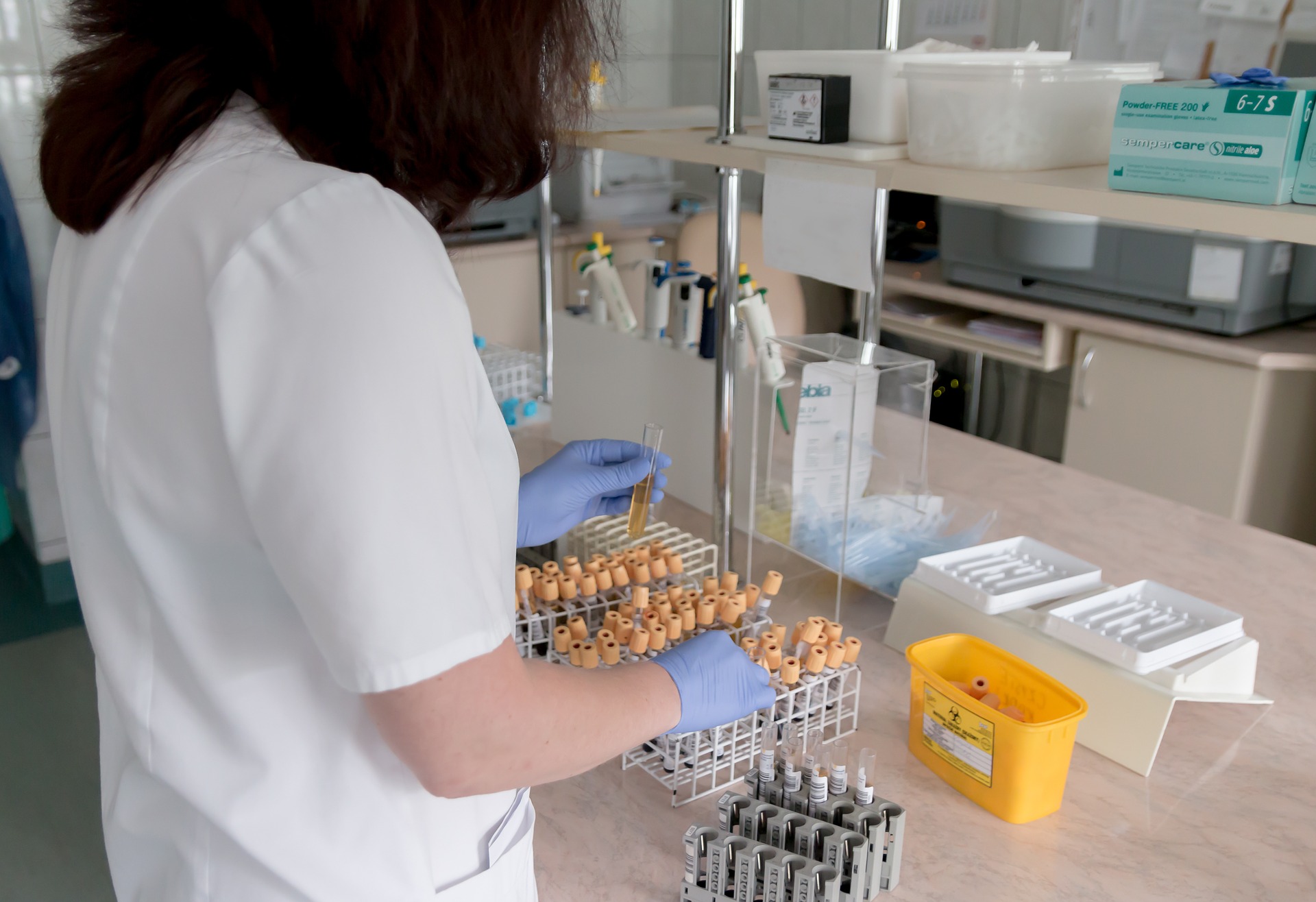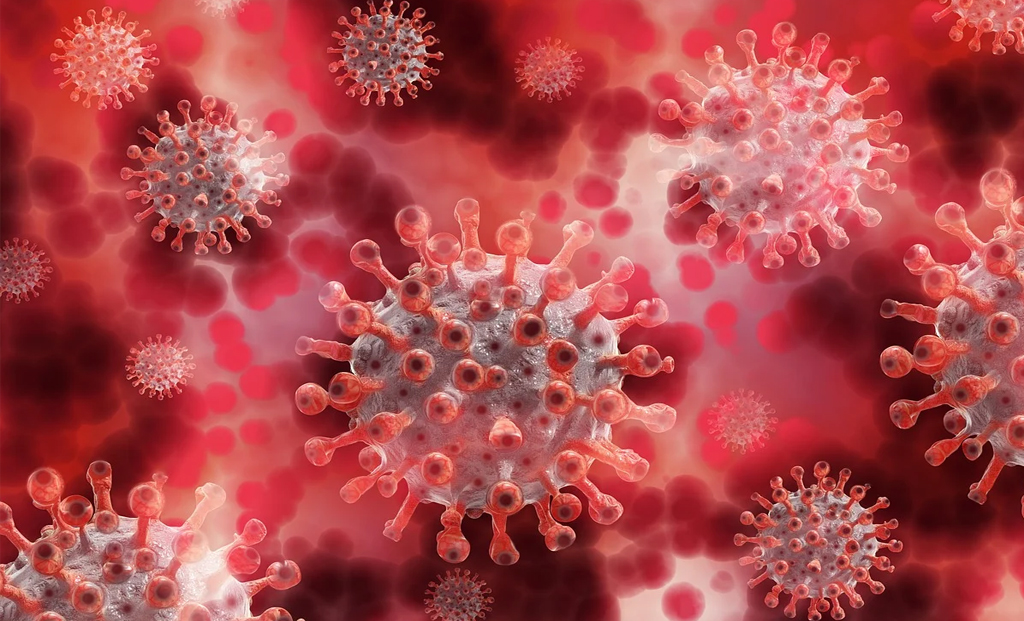Dr Amrita Singh, Chief of Lab services (North and East), Neuberg Diagnostics
- How can we diagnose digestive problems at an early stage? What are the symptoms?
The gastrointestinal and digestive issues have symptoms like pain, chronic and recurrent abdominal pain, lump within the throat, hiccups, Nausea and vomiting, Rumination, functional illness, constipation, diarrhoea, heartburn, gas, and gas bloating, etc. There are few tests like colonoscopy, endoscopy, ultrasound. There are many surgical procedures for digestive issues, which include laparoscopy and open surgery. Blood tests can show levels of specific substances within the blood. - Why and the way Digestive – Gastrointestinal infections are impacting Covid-19 recovered patients?
It has been seen that Covid-19 may result in gastrointestinal diseases. The number of patients with digestive issues like bloating, gaseousness, acidity, acid reflux, constipation, and exacerbation of irritable bowel syndrome is increasing rapidly within the recovery phase of Covid infection. Treatment of Covid-19 includes high mg drug combinations. Exceeding the consumption of antibiotics and steroids are responsible for gastrointestinal damage during the recovery phase. The amount of patients with digestive complaints is increasing rapidly thanks to the COVID-19 wave and prolonged lockdown. COVID-19 was initially considered a respiratory illness, but increasing evidence identified the doubtless serious systemic consequences involving major organs, including those of the gastrointestinal system. Within the alimentary tract, the mechanism is analogous, and evidence for infection by SARS-CoV-2 has come from hospitalized patients who tested positive for the virus in stool. Although upper GI symptoms are frequently present, the foremost severe GI symptom in COVID-19 is severe diarrhoea. Oesophageal symptoms directly related to the SARS-CoV-2 infection aren’t reported, but heartburn is frequent. Upper alimentary canal symptoms may include loss of appetite (anorexia), nausea, vomiting, and abdominal pain. Diarrhoea may be a common symptom related to COVID-19 However, some patients report severe diarrhoea with electrolyte disturbances or bloody, inflammatory diarrhoea during or before the onset of pulmonary symptoms. Patients with severe COVID-19 were more likely to possess gastrointestinal symptoms, especially abdominal pain, which regularly requires emergency consultation. Gastrointestinal bleeding may be a frequent reason for emergency consultation. Lower GI bleeding can also require emergency consultation and is being written in association with COVID-19. - After the diagnosis of a Digestive problem, what are the precautions one can take?
First of all, after dictation of a digestive problem, consult a specialized doctor. consistent with the diagnosis data, a doctor will suggest medication, antibiotics suitable for your state. One must follow basic things: avoiding fatty food, avoiding alcohol, quitting smoking, exercising, avoiding intake of food that’s not suitable to your body, including healthy fibre and fats in your food, staying hydrated, and managing your stress. Scheduling eating timings is important, and drinking warm water will assist you to cleanse your gastrointestinal system. Majorly specialise in bland food that’s easy to digest, like fruits, yogurts, chia seeds, whole grains, etc. An unhealthy gastrointestinal system can disturb the regulation of nutrition, fats, and blood glucose. Decrease in nutrients might cause weight gain. On the other hand, weight loss could even be a result of bacterial overgrowth within the gut. - Digestive and gastrointestinal diseases can cause asystole and other serious issues. What are your viewpoints about ignorance towards Digestive problems during a pandemic?
Yes, it’s correct that digestive and gastrointestinal diseases, if not treated on time, can cause severe conditions such as a burst of acid into the stomach, stomach ulcers, gastrointestinal bleeding are often life-threatening. There’s massive pressure on the healthcare sector during this pandemic. The most focus immediately is Covid and therefore the sorts of funguses that are introduced. Meanwhile, other testing and coverings are on pause. Even people get scared to go to healthcare institutes. It looks like there’s only Covid disease in India and not others. The death count was rising thanks to other conditions and not only Covid. The Healthcare sector must detect and treat people diagnosed with different life losing diseases. If the gastrointestinal system damages or stops, it’ll eventually affect the entire body, heart, and mind.
5. What’s the range of stressful emotions related to gastrointestinal?
Anger, anxiety, sadness – all of those emotions can trigger GI problems. The brain features a direct reference to the stomach and intestines. The alimentary canal is sensitive to feeling. The brain affects the stomach and intestines. This is often very true in cases where an individual experiences gastrointestinal upset with no apparent physical cause. For such functional GI disorders, it’s challenging to undertake to heal a distressed gut without considering the role of stress and emotion.











